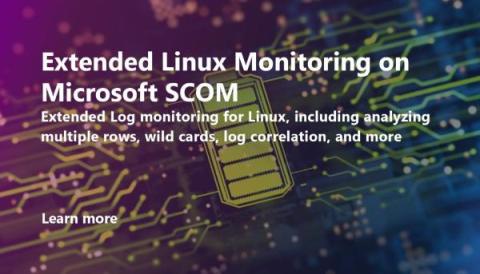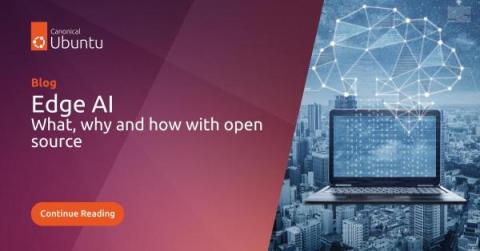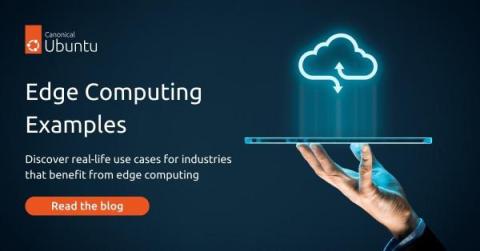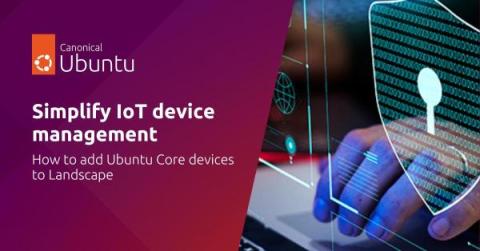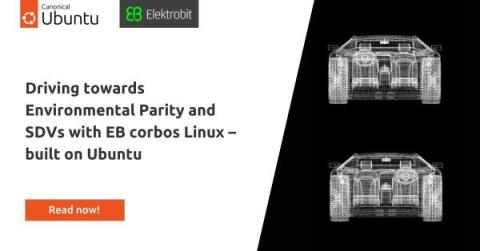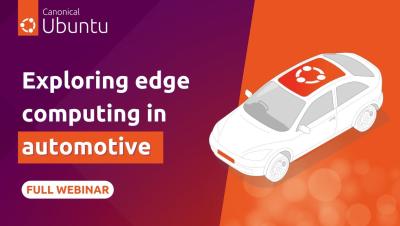Sponsored Post
Navigating the Top 10 Linux Monitoring Challenges
In today's fast-evolving IT landscape, where technological advancements are the norm, the role of robust monitoring has become increasingly critical. As organizations embrace Linux-based systems for their flexibility, performance, and scalability, the need to effectively monitor these environments has never been more pronounced. Linux, being at the core of numerous mission-critical operations, demands a vigilant and adaptive monitoring approach to ensure optimal performance, security, and reliability.



